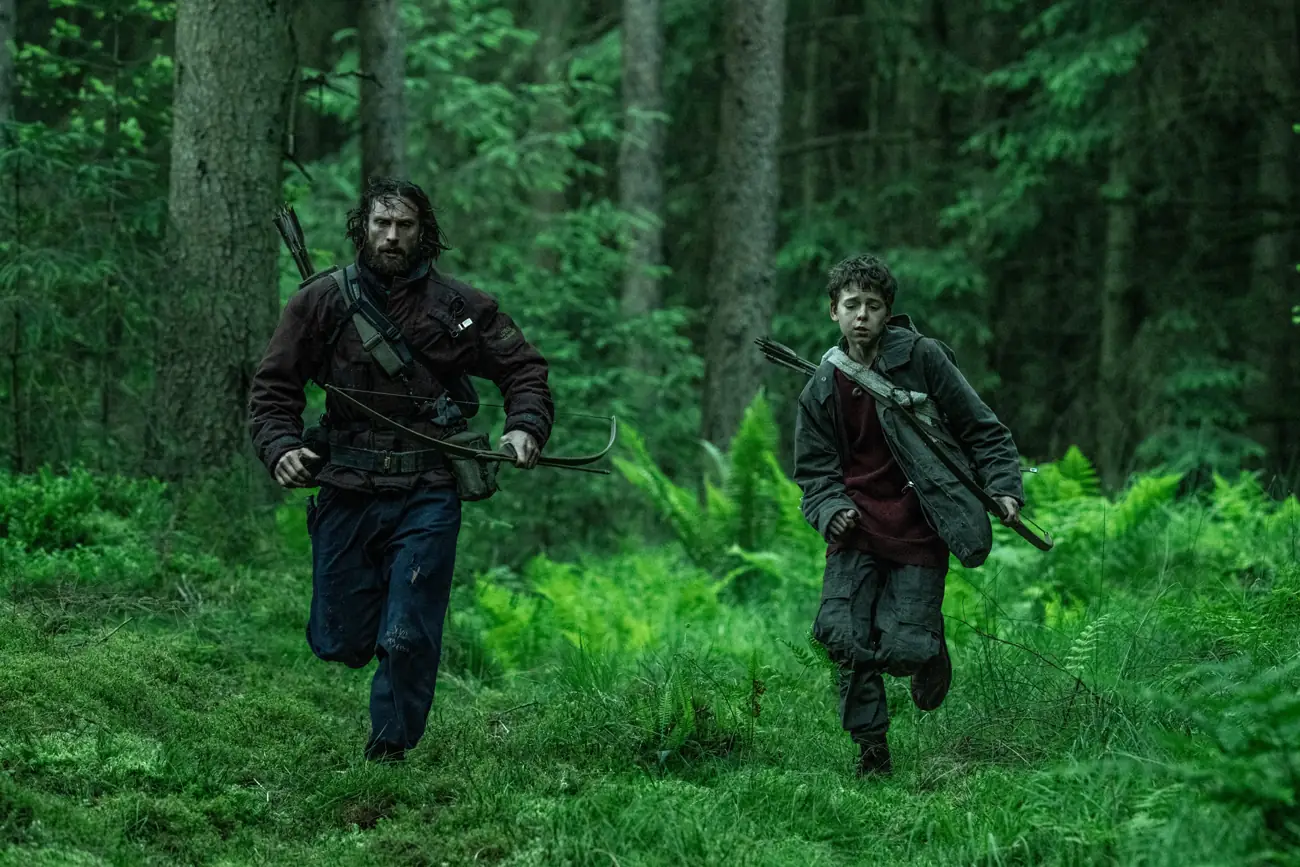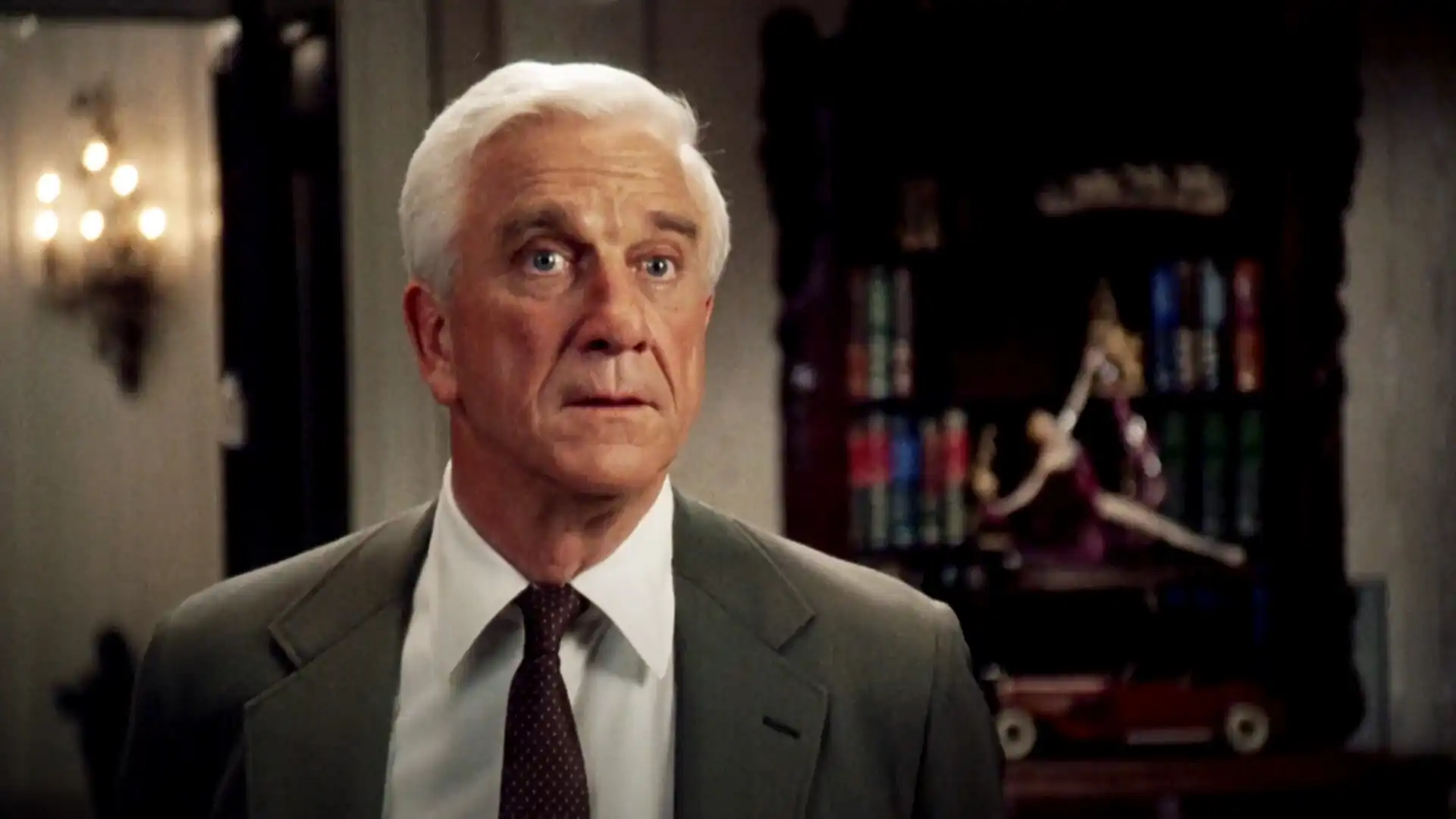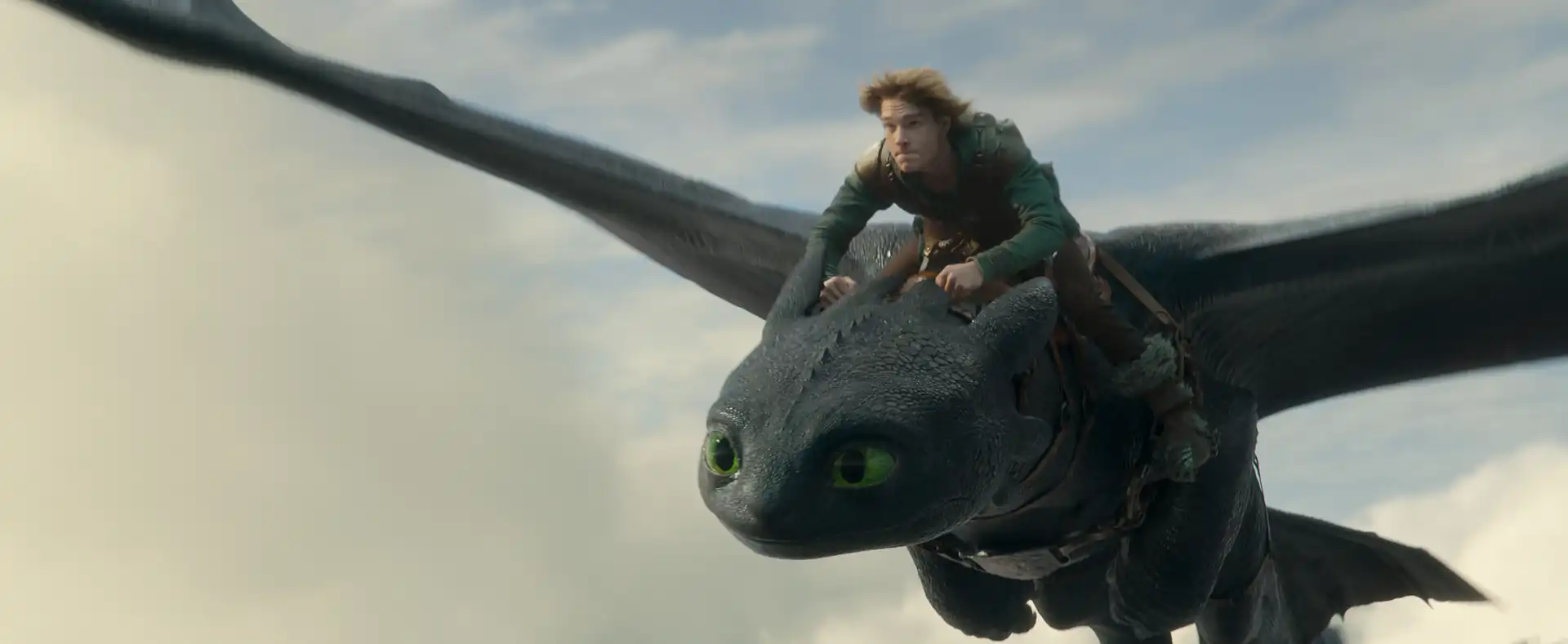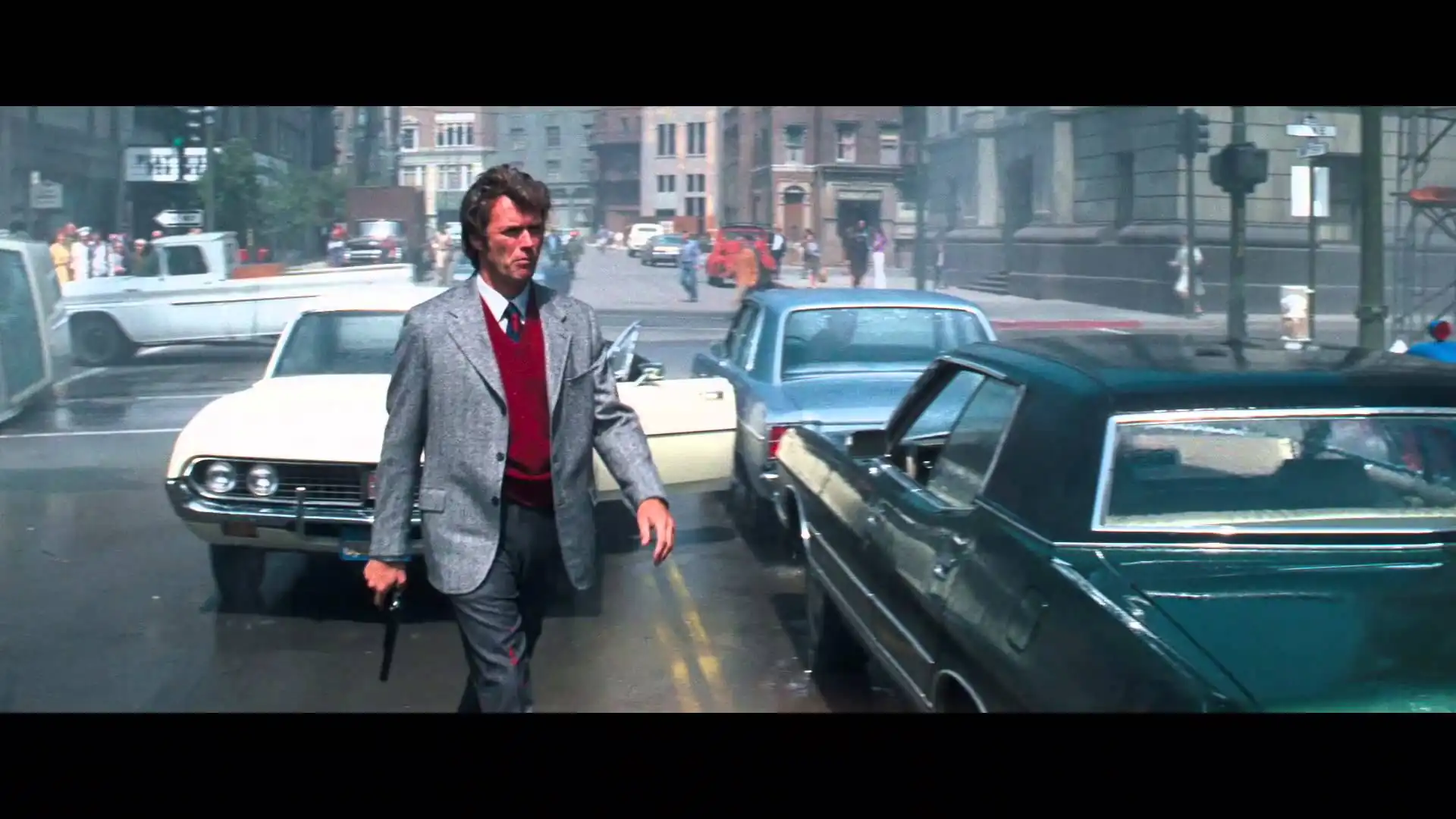By all accounts, PEANUT BUTTER FALCON, directed by Tyler Nilson and Michael Schwartz, has its heart in the right place. After a chance encounter with Zack Gottsagen at a camp for disabled young actors, the duo decided to craft a feature film around the actor with Down Syndrome. The result is a retelling of HUCKLEBERRY FINN, where Gottsagen plays the part of Jim, the escaped slave. Shia LaBeouf plays a modern-day Finn the same way he’s has played every role in his career.
The problem is that PEANUT BUTTER FALCON only borrows superficially from the classic novel. By translating Jim as Zak, the movie falls into the same pitfall as Twain did. We never understand Zak beyond his limitations, and even his successes are defined by how different he is. The result makes for a heartfelt but utterly tone-deaf and sometimes exploitative experience.
Zak (Gottsagen) dreams of being a wrestler like his hero, The Saltwater Redneck. Cared for solely by a nurse called Eleanor (Dakota Johnson), Zak struggles daily to adjust to the lifestyle set for him. After a daring escape, he pairs up with Tyler (LaBeouf), a petty criminal on the run. Realizing they’re better off together, the duo decide to travel down the river on a search for The Saltwater Redneck.
I wish this film had presented itself as a fairy tale from the start. It doesn’t seem connected to reality in any way, but it also refuses to commit to the fantasy it’s presenting. It leans heavily on Twainian tropes and oozes with picaresque events and Southern romanticism that does lend it some charm. Yet it lives in a weird time warp, where nobody seems to bat an eye at anachronisms. Like how Zak’s only material of The Saltwater Redneck is a worn-out VHS that is decades old. Eleanor has a smartphone, yet nobody thinks to look up if their destination even exists. We’re expected to go for the ride, but when the road is this bumpy, my mind wandered.
In trying to say something about representation and personal agency, PBF struggles to come up with anything meaningful. Zak is the protagonist, but his part is entirely reactive. His escape from the care home is the work of an elderly con artist; his dreams are the work of a washed-up actor; even his growth on the journey comes from Tyler rather than himself. Some moments, like where Zak’s simplistic worldview brings meaning to Tyler’s lifestyle, feel more akin to the distasteful magical black man trope. (There is an actual magical black man scene, too, as if to twist the knife further.)
Nilson and Schwartz even tack on an utterly unbelievable love story, which is a disservice to everyone involved. A touching declaration of feelings hints at a far braver movie that is quickly discarded for a more conservative conclusion.
None of this is the fault of Gottsagen himself, who is a charming and effortlessly watchable presence. His performance makes even the most outlandish plot twists work. LaBeouf is fine, though his shaggy “trying really hard to look like I’m not trying” shtick is getting old. Dakota Johnson brings her A-game to an underdeveloped part which sees her as both a mother and lover for the duo.
The rest of the film is peppered with acting greats, each more or less slumming it. Thomas Haden Church is particularly touching as a has-been hiding out in the swamps. A bizarre worldless cameo by Jon Bernthal is so distracting that it detracts from an important slice of backstory. John Hawkes could play a bad guy like this in his sleep. Even Bruce Dern shows up in a bit part.
In theory, a large cast of name actors could work for a film of this structure. But the narrative never commits to the episodic nature, and none of the stars get their own moment to shine. They appear to remind us of their existence as if worried that we’d grow bored watching Gottsagen on his own.
I kept coming back to this during the movie. PEANUT BUTTER FALCON never allows Zak to feel like a real person. His dream boils down to a MAKE-A-WISH event. Everyone else has dreams of a life beyond their current adventure except for Zak, and the movie never says differently. There’s even a repeating gag involving his elaborate wrestling costume that feels more like the film laughing at him than with him.
LaBeouf is clearly the unkempt romantic hero, complete with folksy wisdom that wins over the repressed city girl. He’s Huckleberry, the true hero of the story. If not on paper, then visually. Compared to Gottsagen, who is consistently dressed in ill-fitting shirts and rubber boots, there’s a clear favorite the film wants us to identify with.
We’re supposed to cheer when Gottsagen boils Tyler’s life lessons to a simple adage: rule number one is to party. Yet that in itself is the problem. We laugh and marvel at the simplicity of Zak’s worldview, and in doing so trade his growth for personal catharsis. The Twain-infused fantasy might appear freer than the care home, but it is still a controlled fantasy dictated by others.
PEANUT BUTTER FALCON wants the feel-good realization that people with Down Syndrome are human without doing any of the work. As with Jim, Gottsagen is a means to an end. A living MacGuffin there to help the able-bodied be better people.
None of this may be intentional. But if it comes naturally, what does that say about us as a society?














Discussion